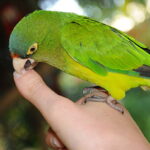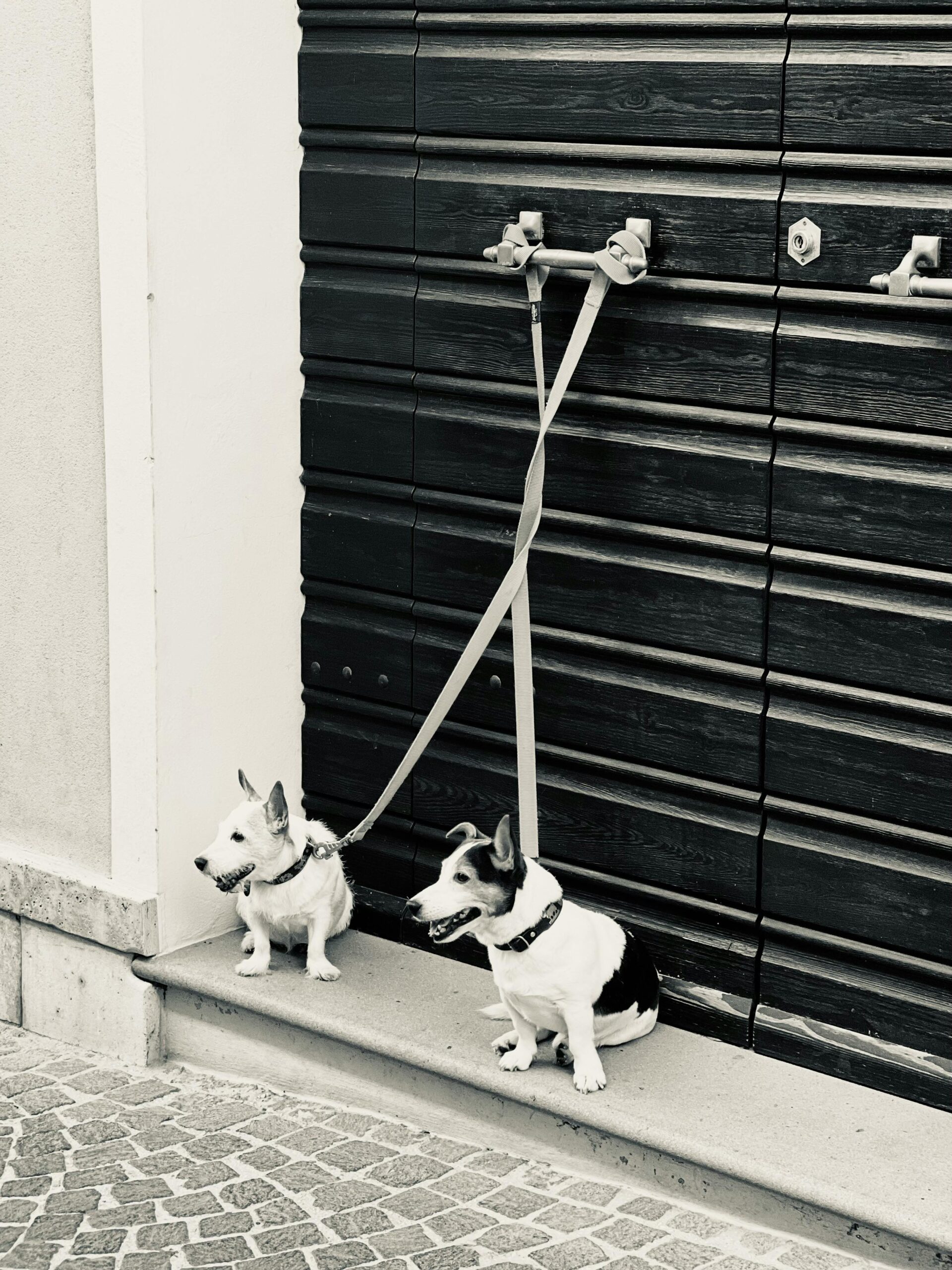Playing fetch with your dog is an age-old pastime that has brought thousands of dog parents joy. From throwing dog toys and frisbees to tennis balls and sticks, few activities are as closely associated with our canine companions. However, many dog owners are unaware of the risks related to stick throwing.
It may seem like a harmless game, but throwing sticks at your dog could lead to horrific or even life-threatening injuries.
Stick-related injuries are surprisingly common, according to veterinarians and veterinary surgeons. While experts agree that playing with your dog is essential as a bonding opportunity and a source of physical exercise, they warn that you should swap out the stick for a dog-safe toy.
Types of Stick Injuries in Dogs:

The first step to keeping our dogs safe is to recognize the risks so that we can take steps to avoid them. Unfortunately, stick injuries can come in several different forms, including:
- Injuries While Catching: If your dog can get ahead of the stick and catch it while it’s still in motion, there is always the risk that they will connect with it on the end instead of safely on the side. This can lead to sticks becoming lodged in their throat.
- Slivers or Splinters: Small pieces of wood can become lodged in your dog’s mouth or between their teeth. Not only are these small pieces of wood painful, but they may also lead to ongoing infections. If a wood splinter is eaten, it may cause a puncture, internal bleeding, or other damage to the digestive tract.
- Cut or Scrapes: As your dog catches or attempts to pick up the stick, there is a chance that they may suffer cuts or scrapes around the mouth, especially if the stick has sharp edges.
- Impalement: If your dog runs into a stick, there is the possibility that they may be impaled. This often occurs in the chest or throat, raising the risk of organ damage and significant blood loss. Impalement can also happen if a dog jumps to catch a stick and then lands on it.
- Choking Hazard: When your dog is chewing on a stick, they will often swallow small pieces of wood and bark that come off. These pieces pose a choking hazard.
- Intestinal Blockage: If swallowed without incident, those same pieces can still cause trouble later in the digestive process. They may lead to a blockage in the stomach or intestines, a potentially fatal condition.
Should I Let My Dog Pick Up Sticks?

Playing fetch with your dog isn’t the only situation where sticks can cause an injury. If you are playing in a wooded area with sticks lying around, you should stay alert to your surroundings. Stick-related injuries can occur from running into a stick extending up from the ground or attempting to pick up a stick themselves. Chewing on sticks can also lead to injury and isn’t recommended.
Warning Signs of Stick Injuries to Look Out For:

The most challenging part of identifying and treating a stick injury is recognizing that there is a problem to begin with. This is especially true if you are playing in a wooded area, off-leash hiking, or in any situation where your dog may move out of sight.
Some injuries are evident. If your dog has been impaled, for example, you will quickly see there is a problem and know how to respond. Here are other common warning signs of a stick injury to watch for:
- Yelping or whining suddenly while playing
- Heavy or excessive drooling
- Pawing at their face or mouth
- Discomfort and reluctance to be touched
- Difficulty eating or reluctance to eat or drink
- Bleeding from the mouth
- Problems swallowing
- Difficulty breathing
- Swelling in the neck or face region
If you notice any of these signs, contact your veterinarian immediately. If there is still a splinter or piece of stick present, it may continue to cause damage or introduce a severe infection if not addressed.
The cost of treating stick injuries varies considerably. A smaller cut or scrape may only need an examination and some antibiotics to ensure no infection. However, the costs can add up fast if your dog has suffered an impalement or internal bleeding. This is a good example of why every pet owner should consider pet insurance to assist with the costs during an emergency.
Dog-Safe Alternatives for Playing Fetch
If you have a dog that loves a good game of fetch, you don’t have to give up their favourite game. Instead, swap out the stick for a toy that reduces the risk of injury. Many toy companies have developed rubber sticks and toys your dog can play with safely.





























































